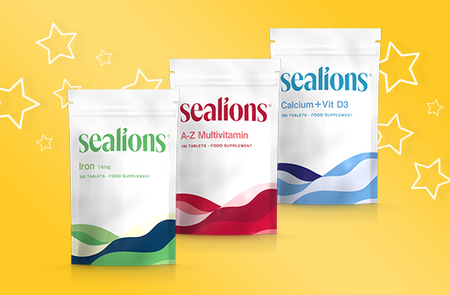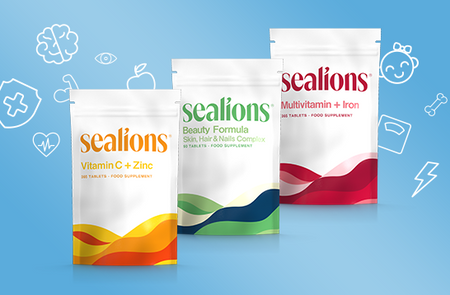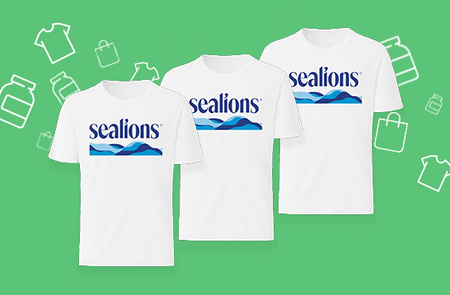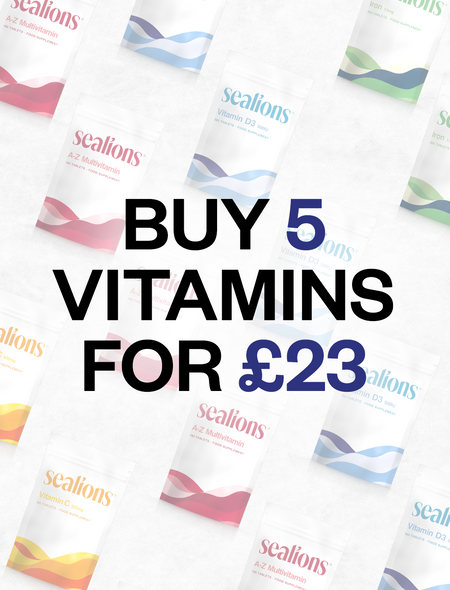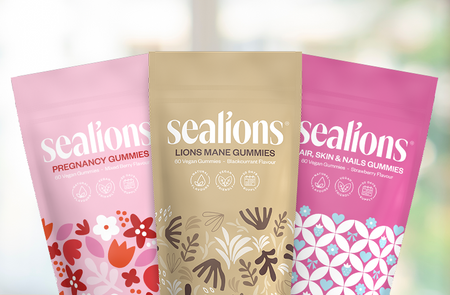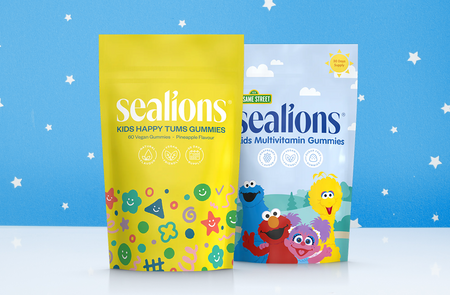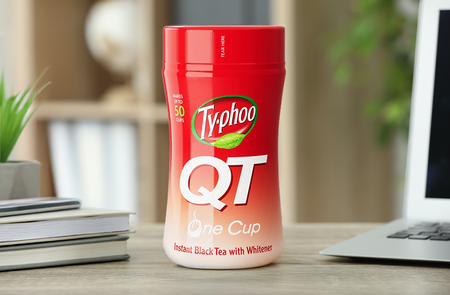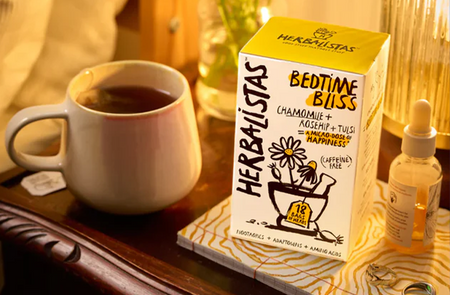
Hello Summer! Your Guide to Skin and Health This Season
It's official – summer is here! The days are longer, the sun is brighter, and it's time to soak up some much-needed Vitamin D. But, before you rush out to sit in the sun, let’s talk about keeping your skin and health in great shape during these summer months.
The Most Important Thing – Suncream!
Suncream is the most essential thing when it comes to looking after our skin in summer. Whether you're lounging in your garden, holiday or taking a local walk, slathering on a broad-spectrum SPF suncream is a must (preferably, factor 50 or more). It shields you from those harmful UV rays that can cause sunburn, premature aging[1], and even skin cancer. [2]
Don’t forget, the factor is not the strength of the cream, but the length of time it protects you for:
Factor 30 – Reapply every 30 minutes
Factor 50 – Reapply every 50 minutes
Factor 70 – Reapply every 70 minutes
Protect Your Pout
Don't forget your lips! They can burn just as easily as the rest of your skin. Use a lip balm with SPF and reapply frequently, especially after eating or drinking. This is the most overlooked part of the body when it comes to protecting from the sun.
Supplement Your Summer
Summer often means more outdoor activity, but also more exposure to environmental stressors. Here are a few supplements that can give your skin and overall health a boost:
- Vitamin C: This powerhouse vitamin not only boosts your immune system but also helps protect your skin from sun damage[3] and promotes collagen production for a youthful glow.
- Vitamin E: Known for its antioxidant properties, Vitamin E helps in repairing damaged skin[4] and can be found in many after-sun lotions.
- Omega-3 Fatty Acids: Found in fish oil supplements, these helps keep your skin hydrated[5] and can reduce inflammation from sun exposure.
Hydration is Key
Hydration is essential no matter the time of year, but it’s especially important in summer. Make sure you're drinking plenty of water and fluids to keep your skin and body hydrated. You can also eat water-rich foods like cucumbers, watermelon, and strawberries for an extra hydration boost.
Embrace the sun, protect your skin, and enjoy every sunny moment.
-
[1] Shanbhag S, Nayak A, Narayan R, Nayak UY. Anti-aging and Sunscreens: Paradigm Shift in Cosmetics. Adv Pharm Bull. 2019 Aug;9(3):348-359. doi: 10.15171/apb.2019.042. Epub 2019 Aug 1. PMID: 31592127; PMCID: PMC6773941.
[2] Sander M, Sander M, Burbidge T, Beecker J. The efficacy and safety of sunscreen use for the prevention of skin cancer. CMAJ. 2020 Dec 14;192(50):E1802-E1808. doi: 10.1503/cmaj.201085. PMID: 33318091; PMCID: PMC7759112.
[3] Darr D, Dunston S, Faust H, Pinnell S. Effectiveness of antioxidants (vitamin C and E) with and without sunscreens as topical photoprotectants. Acta Derm Venereol. 1996 Jul;76(4):264-8. doi: 10.2340/0001555576264268. PMID: 8869680.
[4] Nachbar F, Korting HC. The role of vitamin E in normal and damaged skin. J Mol Med (Berl). 1995 Jan;73(1):7-17. doi: 10.1007/BF00203614. PMID: 7633944.
[5] Barcelos RC, de Mello-Sampayo C, Antoniazzi CT, Segat HJ, Silva H, Veit JC, Piccolo J, Emanuelli T, Bürger ME, Silva-Lima B, Rodrigues LM. Oral supplementation with fish oil reduces dryness and pruritus in the acetone-induced dry skin rat model. J Dermatol Sci. 2015 Sep;79(3):298-304. doi: 10.1016/j.jdermsci.2015.06.015. Epub 2015 Jul 2. PMID: 26195090.
Tagged:

